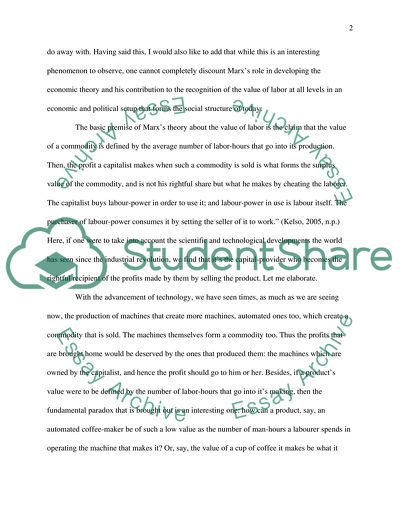Cite this document
(“Karl Marx and Capitalism Essay Example | Topics and Well Written Essays - 1750 words”, n.d.)
Retrieved from https://studentshare.org/politics/1535422-karl-marx-and-capitalism
Retrieved from https://studentshare.org/politics/1535422-karl-marx-and-capitalism
(Karl Marx and Capitalism Essay Example | Topics and Well Written Essays - 1750 Words)
https://studentshare.org/politics/1535422-karl-marx-and-capitalism.
https://studentshare.org/politics/1535422-karl-marx-and-capitalism.
“Karl Marx and Capitalism Essay Example | Topics and Well Written Essays - 1750 Words”, n.d. https://studentshare.org/politics/1535422-karl-marx-and-capitalism.


